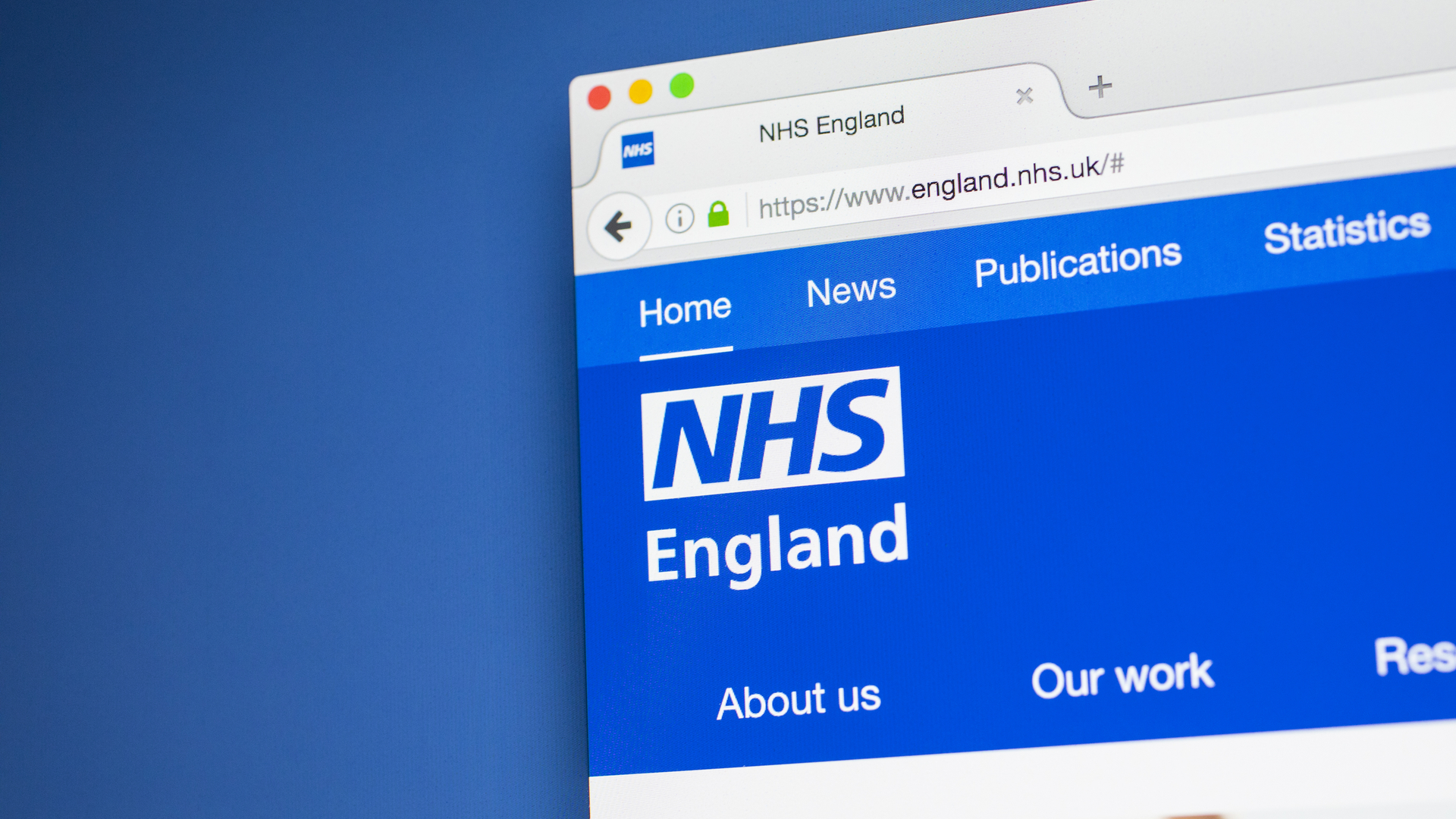NHSX initiative will use AI to tackle health inequalities
The digital arm of the NHS has awarded £1.4 million to four projects that will tackle racial and ethnic discrepancies in healthcare


Artificial intelligence (AI) will be used to tackle racial and ethnic inequalities within the UK’s healthcare system using automated chatbots, better detection, and greater representation.
These are the aims of four university projects that have been awarded £1.4 million by the NHSX’ NHS AI Lab and the Health Foundation.
The projects are part of the NHS’ AI Ethics Initiative, which aims to use the technology to address healthcare inequalities and is led by the University of Westminster, Loughborough University, St George’s, University of London and Moorfields Eye Hospital, and the University Hospital Birmingham NHS Foundation Trust.
The University of Westminster will develop an automated AI-driven chatbot that provides advice about sexually transmitted infections in a bid to increase the uptake of screening for STIs and HIV among minority ethnic communities, while Loughborough University will use AI to investigate how to make childbirth safer across all ethnicities.
St George’s and Moorfields will use AI technology to improve the detection of diabetic retinopathy, while the University Hospital in Birmingham will contribute to ensuring that AI systems and datasets that they rely on work across all demographic groups.
Commenting on the initiative, the head of AI Research and Ethics at NHSX, Brhmie Balaram, said that AI “has the potential to revolutionise care for patients”.
RELATED RESOURCE

“We are committed to ensuring that this potential is realised for all patients by accounting for the health needs of diverse communities,” she said, adding that the NHSX is “excited to support innovative projects that demonstrate the power of applying AI to address some of our most pressing challenges”.
Get the ITPro daily newsletter
Sign up today and you will receive a free copy of our Future Focus 2025 report - the leading guidance on AI, cybersecurity and other IT challenges as per 700+ senior executives
“In this case, we're keen to prove that AI can potentially be used to close gaps in minority ethnic health outcomes,” she said.
According to the Health Foundation’s senior fellow Josh Keith, “data-driven technology is having a profound impact on our health and health care system”. However, it has to be ensured that the impacts made by AI are positive, he said, “so that everyone’s health and care benefits”.
"We hope the projects being supported through this partnership can make an important contribution to this - helping ensure the advancement of AI-driven technologies improves health outcomes for minority ethnic populations in the UK,” he added.
Earlier this year, the NHSX announced plans to use AI to help diagnose COVID-19 patients and reduce the time needed to create treatment plans.
Having only graduated from City University in 2019, Sabina has already demonstrated her abilities as a keen writer and effective journalist. Currently a content writer for Drapers, Sabina spent a number of years writing for ITPro, specialising in networking and telecommunications, as well as charting the efforts of technology companies to improve their inclusion and diversity strategies, a topic close to her heart.
Sabina has also held a number of editorial roles at Harper's Bazaar, Cube Collective, and HighClouds.
-
 Third time lucky? Microsoft finally begins roll-out of controversial Recall feature
Third time lucky? Microsoft finally begins roll-out of controversial Recall featureNews The Windows Recall feature has been plagued by setbacks and backlash from security professionals
By Emma Woollacott Published
-
 The UK government wants quantum technology out of the lab and in the hands of enterprises
The UK government wants quantum technology out of the lab and in the hands of enterprisesNews The UK government has unveiled plans to invest £121 million in quantum computing projects in an effort to drive real-world applications and adoption rates.
By Emma Woollacott Published